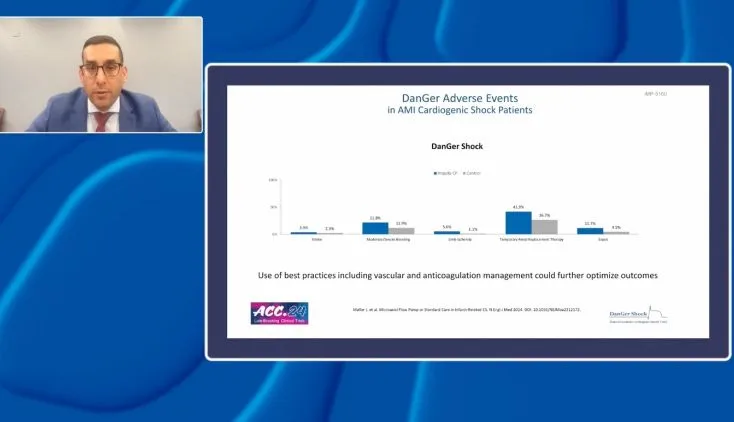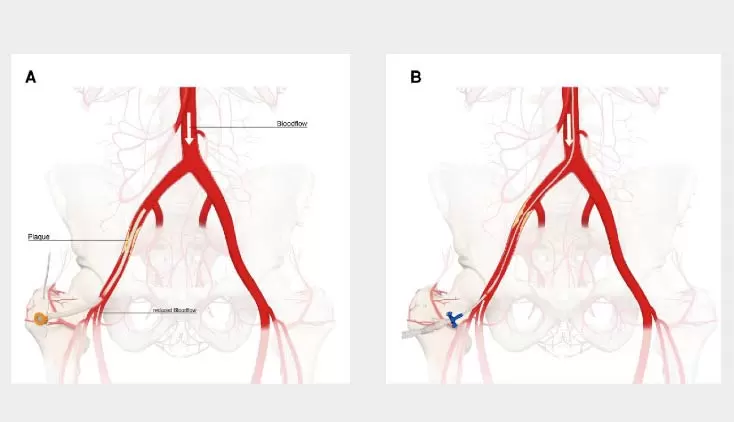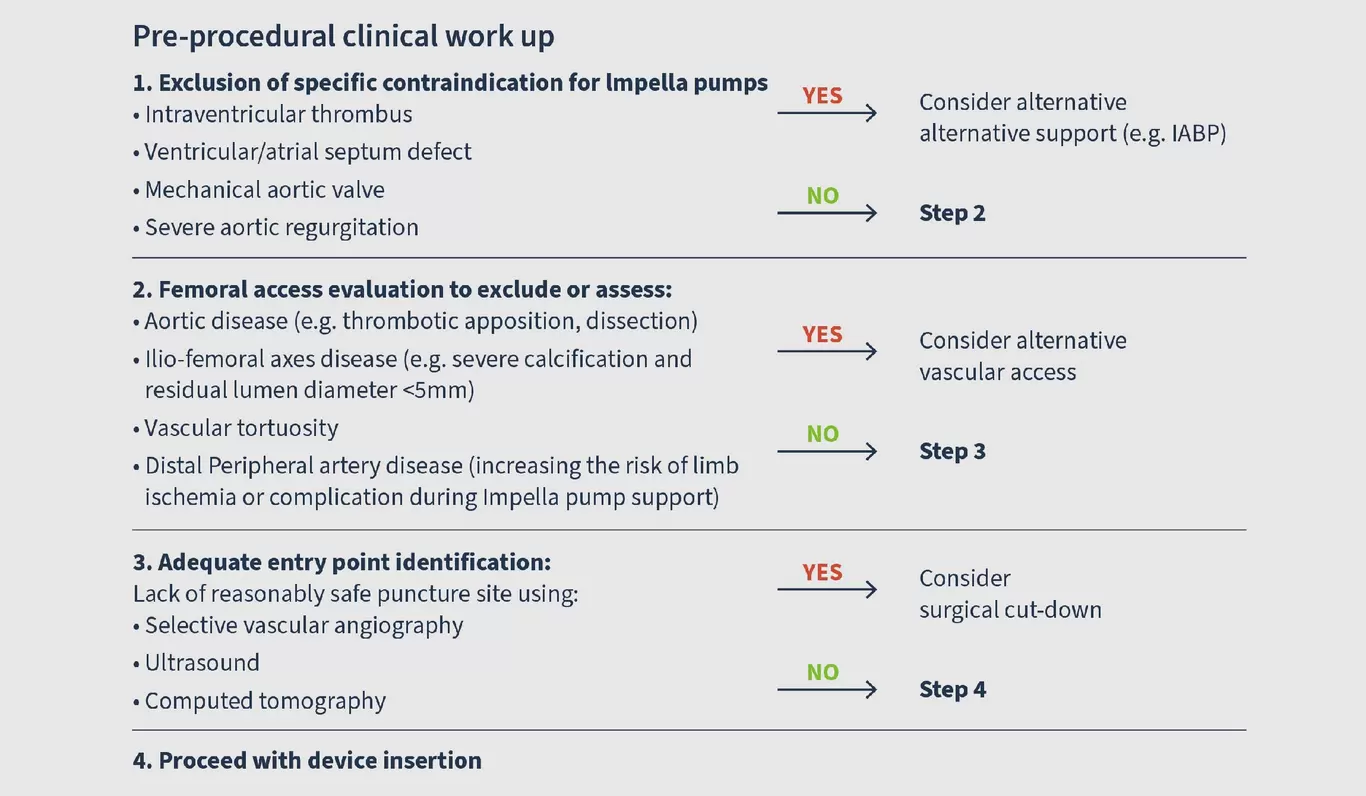Patient Identification, Patient Management
Mosi Bennett, M.D., PhD: Tackling Healthcare Disparities
Mosi Bennett M.D., PhD, an advanced heart failure cardiologist with Allina Health Minneapolis Heart Institute (MHI), discusses his work in tackling healthcare disparities in Minneapolis, Minnesota.
“The burden of heart disease is highest in African Americans,” Dr. Bennett explains, with Black patients having a higher incidence and prevalence of heart failure and higher mortality rates. He explains that compared to white patients, the rate of heart failure mortality is 3 times higher in younger Black patients and the rate of heart failure hospitalization is 2.5 times higher.
The factors that drive racial disparities in cardiovascular care include social determinants of health (eg, insurance, nutrition, income), lack of preventive care for heart disease (eg, uncontrolled hypertension and diabetes) and healthcare provider discrimination and bias that result in reduced delivery of evidence-based heart failure treatments. Dr. Bennett explains that 20% of the population of Minneapolis is Black and then provides data on hospitalization and heart transplant rates at Minneapolis Heart Institute. “It really struck me,” he emphasizes, “that the patients that we take care of at the Minneapolis Heart Institute really do not reflect the diversity of the community.”
To erase the disparities and bridge the gap in cardiovascular care, Dr. Bennett identifies 3 areas of focus: (1) identify communities in need, (2) build strong relationships and (3) listen actively. He provides 2 community partnership examples of Minneapolis community clinics in which these strategies were implemented. He explains how MHI partnered with these clinics to listen and identify priorities and improve access to care through actions such as providing direct access to a cardiologist, sharing cardiovascular emergency protocols and creating a multidisciplinary care team to see patients and facilitate referrals to higher levels of care when needed.
Dr. Bennett discusses community education objectives and accomplishments. “We recognized that it was important to educate ourselves as well as our community partners,” he explains. This education focused on recognizing and navigating bias, healthcare disparities and cultural sensitivity. MHI held education sessions for community clinicians, participated in health equity workshops with partners such as the YMCA, and created and gained insights from an advanced heart failure referral and evaluation database. His hopes for the future are that such efforts can help ensure equitable access to advanced therapies, timely referals for cardiovascular care and access to cutting-edge treatments and participation in clinical trials.
IMP-6291


